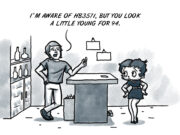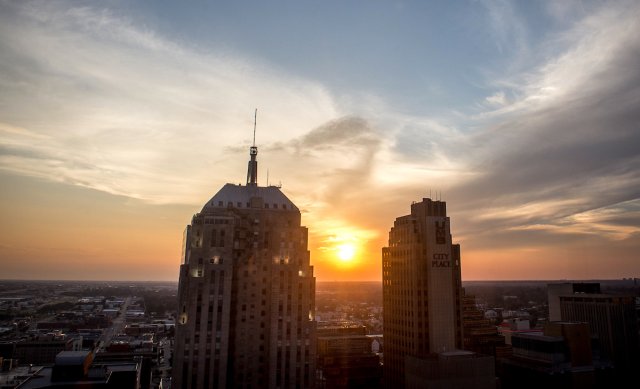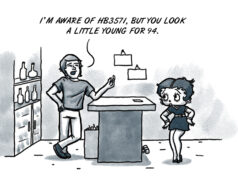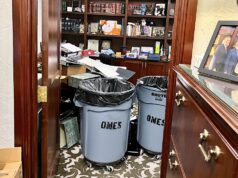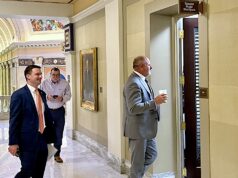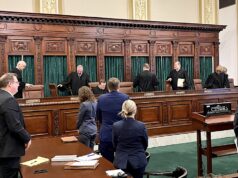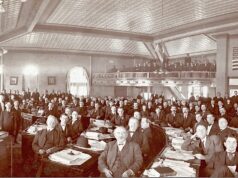
The Oklahoma interwebs have been abuzz about Lt. Gov. Matt Pinnell’s recent efforts to rebrand the State of Oklahoma with a new logo, slogan and license plate through Project Blue Sky.
I must admit, I don’t really care about license plates and whether they have birds. I don’t really have the data on hand to show a correlation between bird-related car tags and money coming into the state of Oklahoma. That said, I do recognize how tourism is important, and as such I believe Project Blue Sky should not be cynically dismissed.
Businesses are important. Jobs are important. Brands and stories are also certainly important. It is the job of Oklahoma’s lieutenant governor to attract dollars to the state. To that end, whether you voted for Pinnell or not, his Project Blue Sky merits consideration. The success of our state, however, will not be determined by the success or failings of Project Blue Sky. It will be determined by the actions of our legislators and other leaders.
Project Blue Sky is more than a survey
With that in mind, we should try to have realistic expectations about what this branding effort will fix. In a vacuum, Project Blue Sky won’t prevent the creation of embarrassing legislation. Nor will it improve our educational system or our plethora of incarceration issues. It won’t fix our terrible infrastructure, our incredibly high teen pregnancy or our meth and opiate issues — the current yin and yang of our beloved Sooner State. Branding cannot fix any of those issues.
But Project Blue Sky is not just an effort to tell a story through a survey. The survey is an opportunity for the state to collect and mine data in a way that voting doesn’t capture. Outside of a public referendum, we are being asked to provide feedback on some very important and nuanced positions in our state. If a statistically significant number of Oklahomans fill out the top three identifiers of Oklahoma as “poor education”, “oil”, and “bombing” (or three other outdated/horrifying misnomers), then Pinnell might have some leverage in backroom conversations with the legislators in his party when it comes to policy debates that shape perception.
If you’re going to release a survey asking Oklahomans to describe their home state, I’m not convinced there’s ever going to be a “great” time for it. Project Blue Sky went live sandwiched between the U.S. News ranking Oklahoma as the 43rd best state (or seventh worst — #branding) and CNBC ranking us 43rd for businesses. The number 43 in both cases is merely a snapshot of the overall picture. The story told by those reports says Oklahoma is open for business but that we are decidedly not open for workers. We’ve made plenty of concessions to get companies to move physical structures here without doing anything at all to attract workers or families. This is our current brand: “Businesses good… workers bad.”
But, what does that look like in a story? That’s really what we are talking about, right?
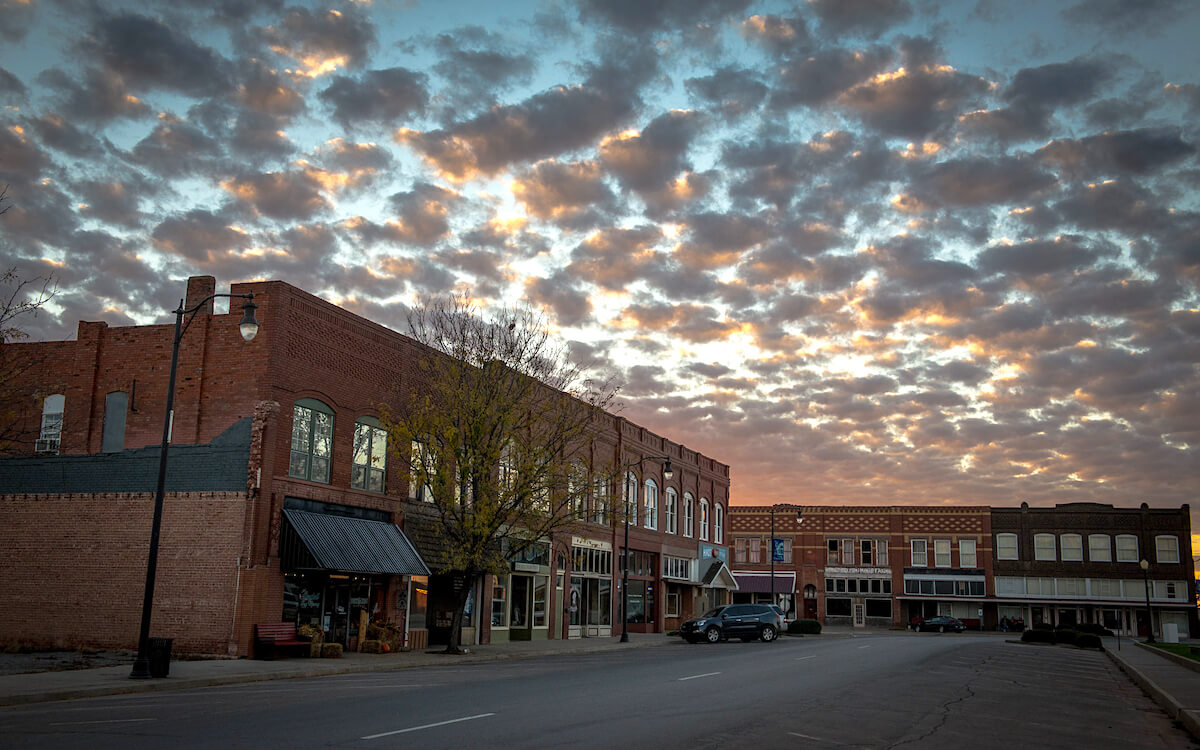
What kind of stories should Oklahoma tell?
When Boeing extends an offer to an engineer or project manager from nearly any other state at $85,000 per year in their Oklahoma City offices, local economic development experts would cringe if this were the response: “No thanks. I talked about it with my spouse, and we decided the education system and quality of life are so bad that I would rather stay in this more expensive city and/or take my chances in the job market.”
Here’s a different story.
A budding business analyst who was raised in Chickasha and educated at the University of Oklahoma and is offered two jobs: One in Oklahoma City at $65,000 per year and one in significantly more expensive Arlington, Virginia, at $67,000 annually. This analyst is not going to move across the country for $2,000 when they will net significantly less. They will move across the country, however, for greater opportunities, a more diverse culture, better potential education for their kids, etc.
Meanwhile, the stories that aren’t being told are those of people like me who continue to stay in (or move back to) Oklahoma despite the data. And those are the stories that Pinnell and OklaX need to capture through Project Blue Sky.
So as you consider Project Blue Sky, please realize it is not the problem. It’s just not the solution either. If anything, our state is trying to tell a different story.
I can get behind that.



